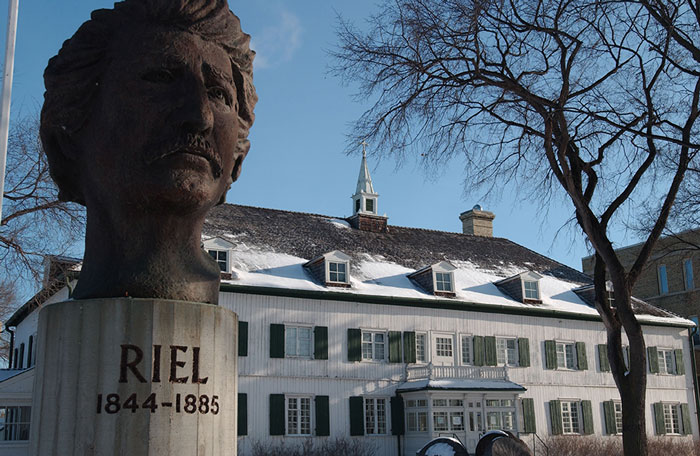 Legislation
Legislation
The Advanced Education Administration Act is the primary statute governing postsecondary education in Manitoba. Under the Act, the Minister is responsible for assessing the province's educational needs, approving new programs, determining priorities and allocating funding. The Program Approval Regulation under the Act establishes a clear process for the administration of program approvals. The Department of Education and Training consults extensively with Manitoba's postsecondary institutions and develops consistent and effective criteria for measuring university performance.
Institutional acts establish the governance structures, including the operations of a board of governors, regents, or governing council, and a senate or learning council. Individual institutional acts do not contain explicit reference to mechanisms for accountabilities pertaining to quality assurance of educational programming. Program quality responsibilities are implied through the powers and duties assigned to institutions' internal governing bodies.
The Advanced Education Administration Act prohibits the Minister of Education and Training from interfering with the basic rights of a university to formulate academic policies or standards, to set standards of admission or graduation, and to appoint staff.
The Degree Granting Act, restricts who may grant degrees to institutions with legislated authority or are listed in the Act as having such authority. Manitoba's five public degree-granting universities include Brandon University, Université de Saint-Boniface, University College of the North, University of Manitoba and University of Winnipeg.
Affiliation
The Université de Saint-Boniface maintains an affiliation agreement with the University of Manitoba that facilitates credit transfer between the institutions, as well as providing a governance framework for their many joint programs.
External and internal review
 Manitoba takes multiple approaches to ensure the quality of public university programs. This includes institutional internal review processes, external reviews, and the government's approval process of new programs.
Manitoba takes multiple approaches to ensure the quality of public university programs. This includes institutional internal review processes, external reviews, and the government's approval process of new programs.
New programs are subject to the approval of the university's senate, which evaluates the design, content, delivery, faculty capacity, and resources of any new program that the university will introduce. External reviews of a newly proposed program are conducted by other post-secondary institutions, industry experts, and/or the regulator or accreditation body in the field, as appropriate.
Professional accreditation
Many of Canada's regulated professions have associations that conduct accreditation reviews of programs pertaining to their professions. Professional accreditation teams review reports provided by an institution and may conduct on-site visits in accordance with the policies and procedures established by the professions. The Association of Accrediting Agencies of Canada (AAAC) is a national organization composed of professional associations involved in promoting good practices by its members in the accreditation of professional programs.